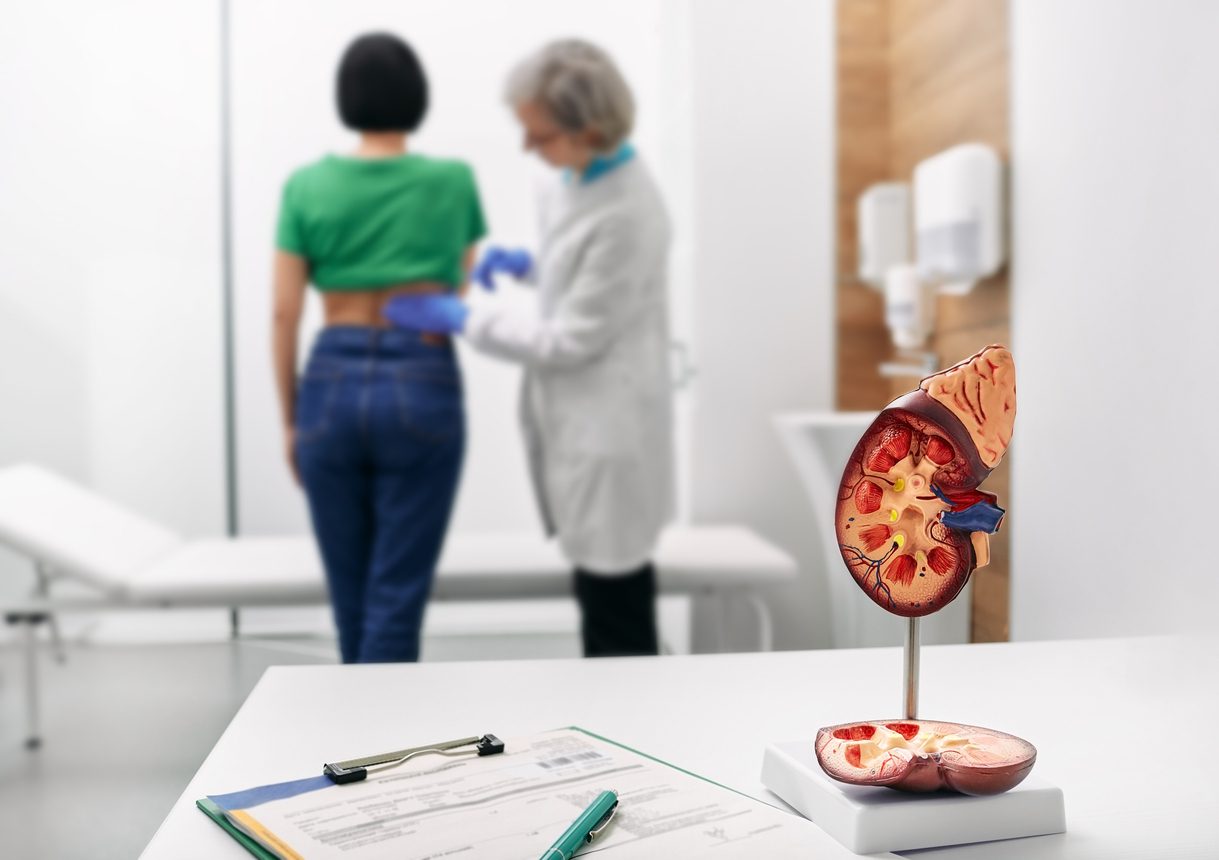- Thursday, May 02, 2024
In the early stages, kidney cancer typically doesn’t exhibit noticeable signs or symptoms

By: Kimberly Rodrigues
World Kidney Cancer Day, observed on June 15 this year is dedicated to raising awareness about kidney cancer prevention, early detection, and available treatments.
Kidney cancer, also known as renal cell carcinoma (RCC), originates in the kidneys, which are responsible for filtering waste products and producing urine, The Indian Express reported.
According to Dr Indernath Verma, senior consultant and HOD-Urology at Primus Super Speciality Hospital, in Delhi, India, the primary goal of kidney cancer awareness is to educate people about its symptoms, risk factors, and available treatments.
Regular screenings for early detection are recommended, and awareness about treatment options is emphasised.
The exact cause of kidney cancer remains unknown, but according to experts, certain factors such as smoking, obesity, high blood pressure, dialysis, and a family history of kidney cancer can increase the risk.
In the early stages, kidney cancer typically doesn’t exhibit noticeable signs or symptoms. However, over time, symptoms may include persistent back or side pain, unexplained weight loss, fatigue, fever, loss of appetite, and blood in the urine.
Diagnosing kidney cancer involves evaluating medical history, conducting physical examinations, using imaging tests like CT scans or MRIs, and performing a biopsy to confirm the presence of cancerous cells.
Treatment options for kidney cancer depend on the stage and extent of the disease and can include surgery (partial or complete removal of the kidney), targeted therapy, immunotherapy, radiation therapy, or a combination of these approaches.
The treatment decision considers factors such as the cancer stage, the patient’s overall condition, and tumour characteristics.
Prevention measures for kidney cancer include quitting smoking, maintaining a healthy diet and weight, managing blood pressure, and controlling diabetes for those affected.
The risk of recurrence after treatment depends on factors like the stage and aggressiveness of the tumour.
Following the recommended monitoring strategy, which includes regular checkups, imaging exams, and blood tests, can help reduce the risk of recurrence.
Living a healthy lifestyle, including a balanced diet, regular exercise, avoiding tobacco and excessive alcohol consumption, and managing stress, also plays a role in reducing the risk.
Dr Verma advises individuals undergoing treatment for kidney cancer or in recovery to consume a well-balanced diet rich in fruits, vegetables, whole grains, and lean proteins while minimising processed foods. Staying hydrated is also essential for overall health.